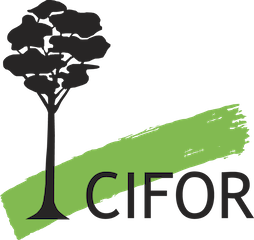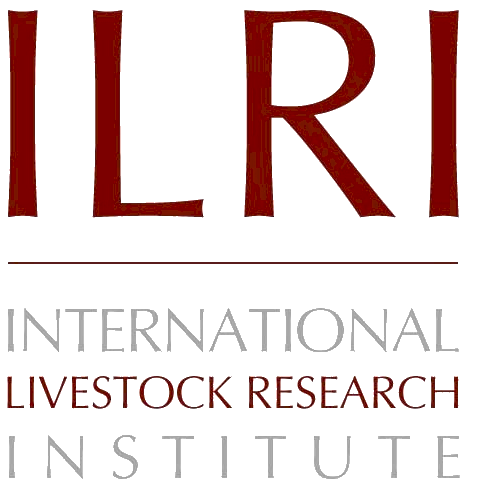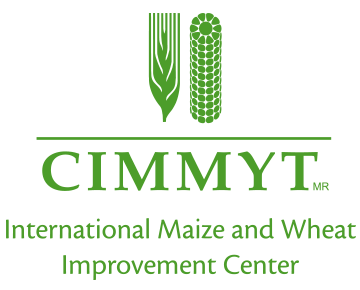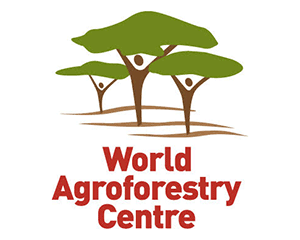
Abstract: Methanol is one of the fuels that are an alternative to petroleum-based liquid transport fuels. This paper assesses the feasibility of co-production of methanol and biochar from thermal treatment of pine in a two-stage process; pyrolysis or gasification to produce biochar and volatiles, and the processing of the volatiles to produce methanol using process data for large-scale conversions based on natural gas. Three concepts were studied: (i) slow pyrolysis at 300 °C; (ii) slow pyrolysis at 450 °C; and (iii) gasification at 800 °C, all of them followed by processing of the volatiles into syngas and the conversion of the syngas into methanol. Gasification was able to generate methanol at or below current (2012) prices of methanol produced from fossil fuel ($422/t) from a plant size of 100 t/h upwards. Pyrolysis is not competitive without valuing the biochar as a product. Considering both biochar and methanol as marketable products improves the viability of slow pyrolysis concepts. Their profitability is sensitive to the biochar selling price between, with a break-even at a biochar price of about $220/t for the pyrolysis at 300 °C and about $280/t for pyrolysis at 450 °C.








